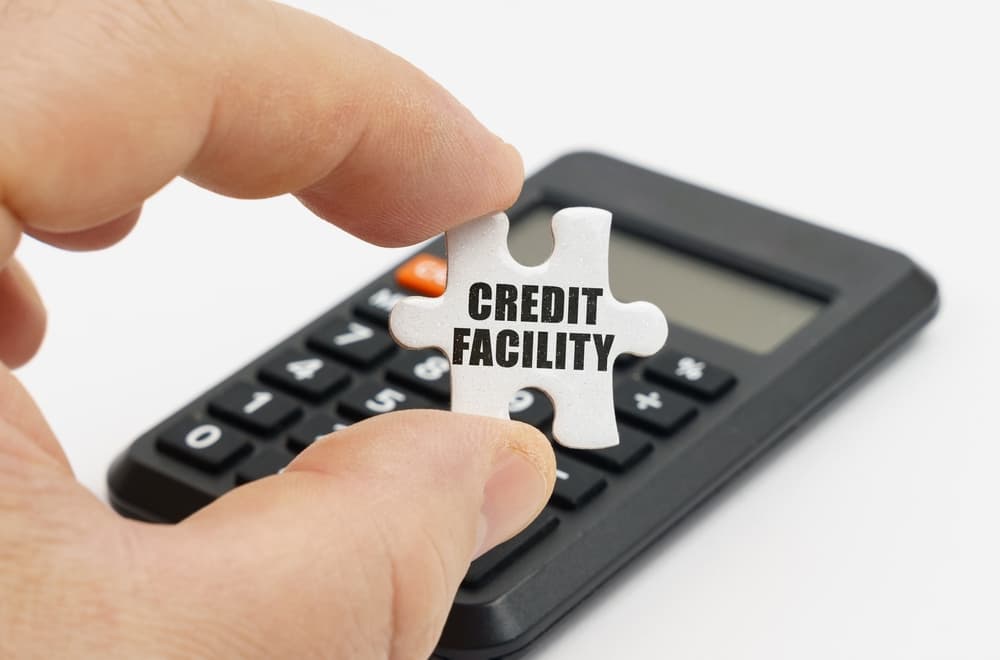What is PM SVANidhi Scheme? All You Need To Know
PM SVANidhi scheme provides subsidised loans to street vendors to help them climb the economic ladder and become financially self-sufficient.
PM SVANidhi scheme provides subsidised loans to street vendors to help them climb the economic ladder and become financially self-sufficient.

PM SVANidhi Scheme
Street vendors, like cart and rickshaw pullers, are among the people involved in the unorganized sector jobs. These people often operate in an unprotected environment, selling vegetables, fruits, bread, eggs, textiles, footwear, pan shops, or offering cobbler and barber services. These people often do not have a financial safety net and depend on their daily income for livelihood. The PM SVANidhi Scheme offers protection and safety to them.
The COVID-19 pandemic devastated their income due to social restrictions to curb the disease’s spread. It led to the need for a scheme that provides financial assistance to these small vendors so that they can continue their livelihood.
Advertisement
Also Read: What Are Forms 15G And 15H And How Is TDS Deducted In EPF? Things To Know
It is a centrally initiated scheme funded by the Ministry of Housing and Urban Affairs to provide credit facilities to street vendors and encourage local entrepreneurship.
Advertisement
The scheme is restricted to states and union territories (UT) with notified rules under the Street Vendors (Protection of Livelihood and Regulation of Street Vending) Act, 2014, and Meghalaya.
Vendors with licenses from urban local bodies (ULBs), those with a letter of recommendation from any ULB or town vending committee, etc., are eligible. Simply put, all vendors with a license can apply for the scheme.
Also Read: What Is PM Vishwakarma Yojana? Can Senior Citizens Participate In This Scheme?
Urban street sellers can apply for a working capital loan of up to 10,000 for one year with a monthly repayment facility without collateral. The beneficiaries will qualify for the next loan with an increased ceiling if they repay on time or ahead of schedule. There is no penalty for early loan repayment.
The interest rates are as per the current rates of scheduled commercial banks, regional rural banks (RRBs), small finance banks (SFBs), cooperative banks, and SHG banks. Interest rates for non-banking financial companies (NBFCs) follow the Reserve Bank of India RBI standards set for them. So, the scheme’s interest rates would be applied as per the current RBI recommendations for NBFC and other lenders.
Vendors taking out loans via the program qualify for a 7 per cent interest rebate. The borrower’s account will be credited with the interest subsidy amount each quarter. For each fiscal year, lenders must submit quarterly claims for interest subsidies on June 30, September 30, December 31, and March 31.
Advertisement
For the next two days, the Outlook Money 40After40 Retirement Expo is ready to unveil its secrets to empower individuals to chart their unique paths towards a fulfilling and vibrant future, where retirement isn't a destination but a joyous, ongoing celebration of life
Here’s how a high CIBIL score can help you obtain loan effortlessly, premium perks, and the freedom to pursue dreams
Whether you are applying for a loan, a credit card, or even looking to rent a house, a healthy credit score can be the difference between approval and rejection
Get all the latest stories delivered to your inbox
Advertisement
Get all the latest stories delivered to your inbox